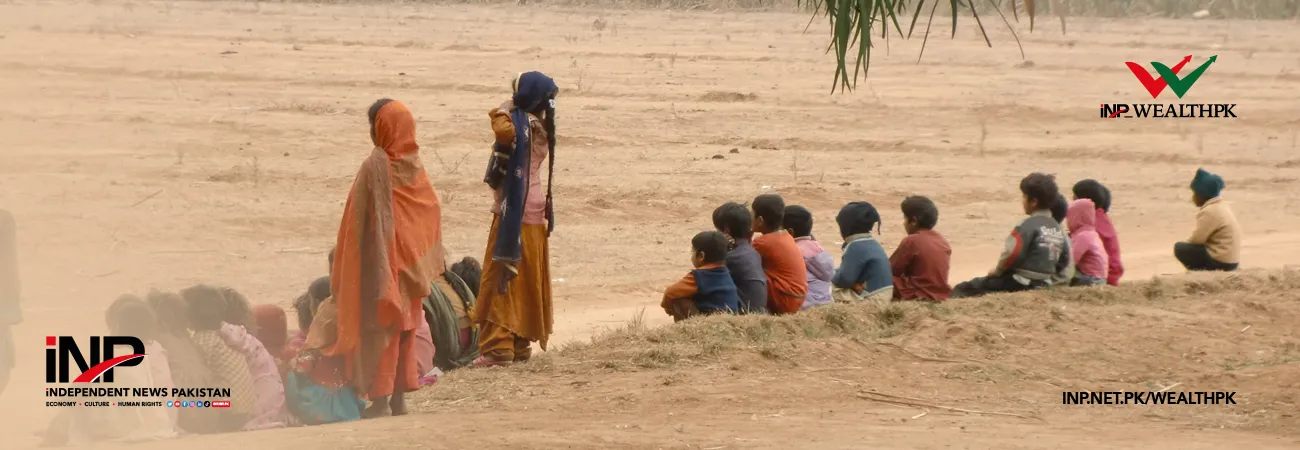INP-WealthPk
Ayesha Saba

Disparity between the rural and urban youth in Pakistan continues to be a significant challenge, particularly in terms of education and employment opportunities. Experts believe expanding the Technical and Vocational Education and Training (TVET) sector to rural areas is crucial for addressing this empowerment gap. Talking to WealthPK, Dr. Muhammad Mukhtar, Founding Vice Chancellor of the National Skills University, Islamabad, said the urban-rural divide in Pakistan was stark, with the urban youth having significantly more access to quality education, training facilities, and employment opportunities than their rural counterparts. This imbalance not only stifles potential economic growth in rural areas but also perpetuates the cycles of poverty and unemployment. “The TVET sector can play a pivotal role in addressing this skill gap, but it needs to be accessible to those in the rural areas.
The government should focus on establishing well-equipped TVET centres in the rural districts, providing incentives for private sector investment in vocational training, and developing tailored curricula which address the specific needs of the rural economy. “In countries like Germany, the United Kingdom, and Australia, the entire TVET system is owned, managed, and governed by the industries. As a result, they recognize skilled workers as the most important instruments of increased productivity, efficiency, and quality of their products. However, in Pakistan, the role of the industry is far from such essential ownership of TVET sector,” he said. “There is a pressing need to address unemployment in Pakistan. The government should support policies that provide opportunities for the youth to learn new skills so that the youth can reciprocate that by learning those skills.
Furthermore, many industries in the country struggle to find workers with the necessary skills. By providing vocational education, Pakistan can ensure that its workforce is better prepared to meet the needs of businesses and industries,” Dr Mukhtar concluded. According to the World Bank, Pakistan has one of the highest rates of youth unemployment in the world. Lack of government spending in developing nations is one of the major factors contributing to unemployment. Federal Minister for Planning, Development, and Special Initiatives Ahsan Iqbal recently said empowering workforce and gender inclusiveness through digitalization and green practices was not only crucial for the future of our global workforce but also for societal advancement. He also stressed the importance of gender inclusivity, noting that women were often underrepresented in STEM careers and vocational training programs.
Credit: INP-WealthPk













